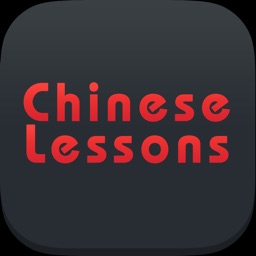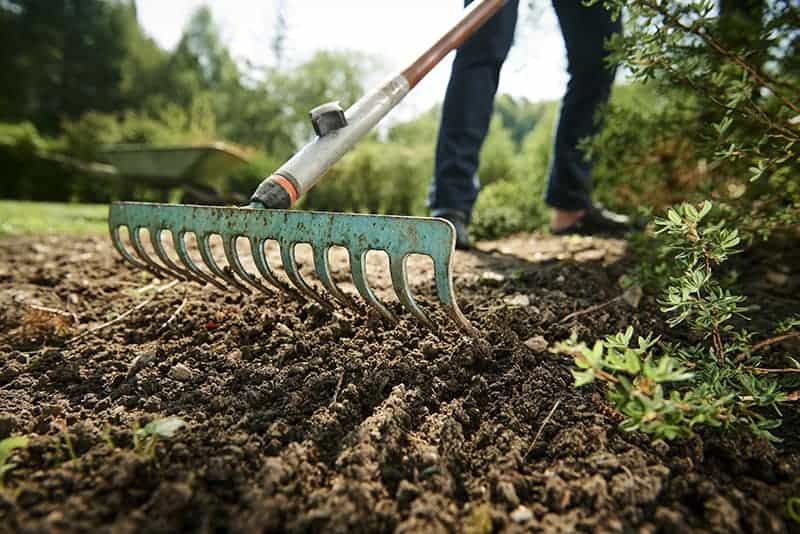This article is written by a guest writer.
For most people, learning Mandarin is a hard slog. The lack of a Romanized alphabet scares a lot of people away, and the words sound so different to English and European languages.
So, if you’re headed to China for a short vacation, what should you learn to just get by?
Based on my travels across China, here are seven Mandarin phrases that I think are the most useful.
Chinese Travel Phrases Every Tourist Needs to Know
1. Hello
Nǐ hǎo 你好
Okay, this one is the most cliché of all Chinese travel phrases. But you will hear it in China, and it’s nice to say it to your tour guide, hotel staff, or other people during your travels.
Showing that you are making an attempt at speaking Chinese (even if it is just ‘hello’) will go a long way and the locals will appreciate you for it. Some will even compliment you on how good you sound.
If you are interested in exploring more ways of saying “hello” in Mandarin, check out this article on our blog.
2. Where’s the bathroom?
Xǐshǒujiān zài nǎ? 洗手间在哪?
Lots of foreign tourists get upset stomachs in China, and they need to find the bathroom fast. Trust me, I’ve been there!
(In case you don’t know, Chinese toilets can be a little overwhelming, even for the most experienced traveler.)
There are a few ways to ask where the bathroom is in Chinese, and this is just one.
The first three words in this Mandarin phrase (xǐshǒujiān or 洗手间) literally mean ‘washing hands room’. It’s a bit more polite than saying ‘toilet’.
Luckily, the international symbols for women’s and men’s bathrooms are everywhere in China. But where you can’t see any signs, try giving this Chinese travel phrase a go.
In a worst-case scenario, show the phrase on your phone to someone, and they’ll get the picture straight away (this strategy goes for all the phrases on this list).
3. Where’s X?
X zài nǎ? X在哪?
Like asking where the bathroom is, you can find out where practically anything is in China by simply saying the place you’re looking for, followed by where (zài nǎ? or 在哪?).
So, whether you’re looking for the train station (huǒchē zhàn or 火车站 ) or the cinema (diànyǐngyuàn or 电影院), just say the word followed by ‘where?’.
The only danger in asking someone this is they’ll likely respond to you in Mandarin. So, if you don’t know your directions in Chinese, like your left and your right, and your forwards and backwards, you could end up more confused than when you started.
I recommend downloading a bunch of travel apps for China that can help you navigate all the attractions without having to speak a word of the language.
4. Do you speak English?
Nǐ huì shuō yīngyǔ ma? 你会说英语吗?
This is the cheat’s way out, but who cares!
Whenever I’m traveling overseas, I often resort to asking if the local person I’m trying to converse with can speak English.
Usually, they can – after all, English is the world’s international language.
In China though, people are generally shy when it comes to practicing their English and they don’t like making mistakes.
But one thing is for sure – their English is going to be better than your Chinese!
So ask them this question and keep your fingers crossed that they say yes and start talking to you in English.
5. Can I have the bill?
Mǎidān买单
Once you’ve eaten your meal in China, it can be hard getting the attention of staff so you can settle the bill.
All you need to say is ‘give me the bill’ in Chinese – loudly – and the waiter or waitress will drop it off to you quickly.
I love this one, not only because just two Chinese characters is a whole phrase in English, but when you’re on a tour and pressed for time, saying this phrase will get things moving.
Also, the Chinese don’t say ‘please give me the bill’. They’re much more direct. Don’t worry, you’ll get used to it!
6. No chili
(Bùyào là不要辣)
In some regions in China, the locals are obsessed with hot food. And I mean fiery hot food that burns your tongue!
‘No chili’ (or chilli or chile, depending on where you’re from) is probably my most used phrase when I’m in China. I’m personally not a fan of the hot stuff and this phrase is known and understood across the country.
One thing though – in places like Sichuan which is famous for hot food, you might even say ‘no chili’ but they’ll still put some in anyway. Just be warned.
7. Cheers!
(Gānbēi! 干杯!)
You may think this phrase won’t get you far in China, because it’s so simple and cheesy. But hear me out.
When Chinese people get drunk, their ability to open up and speak English is greatly enhanced. The walls come down, and making mistakes isn’t so much of an issue for them.
So, if you can say gānbēi! (干杯!) to someone in China, it welcomes the local into having an English conversation with you.
And as a tourist in China with no Mandarin-speaking ability, this is a lifesaver!
How to Say ‘Thank you’ in Mandarin?
I wouldn’t worry about learning ‘thank you’ in Chinese (which, by the way, is xièxiè or谢谢).
Why? Generally speaking, the locals don’t use this word a lot, unless the person has absolutely gone out of their way to do something nice or kind.
For things or behaviors that people expect, like when a waiter leaves food on your table, you don’t say ‘thank you’.
This is quite different from Western culture and can take time to get used to.
Plus, saying ‘thank you’ in Chinese won’t get you from A to B, like some of the other Chinese travel phrases in this list. And I want to keep things practical!
What about ‘yes’ and ‘no’?
Without boring you on Chinese grammar rules, there’s generally no single word for ‘yes’ and ‘no’ like there is in English.
But don’t stress, most Chinese people know the English words! They also know ‘OK’ and I often find myself using this when I speak Chinese (well, maybe you’d call it Chinglish).
Hopefully, this helps a bit
Hopefully, this bunch of Chinese travel phrases helps you, even just a little bit.
If you’d like to remember these words, practice them by adding them to your Hack Chinese word list.
Your pronunciation might be terrible, but the locals will appreciate your trying. And it can make your trip easier too.
You’re not going to become fluent in Chinese in just a few weeks (or even years), so don’t be too hard on yourself by only knowing these simple travel phrases.
You’ll have an amazing time in China regardless of your Mandarin speaking ability.
Bon voyage, or in Mandarin, ummm that’s a lesson for another day!




